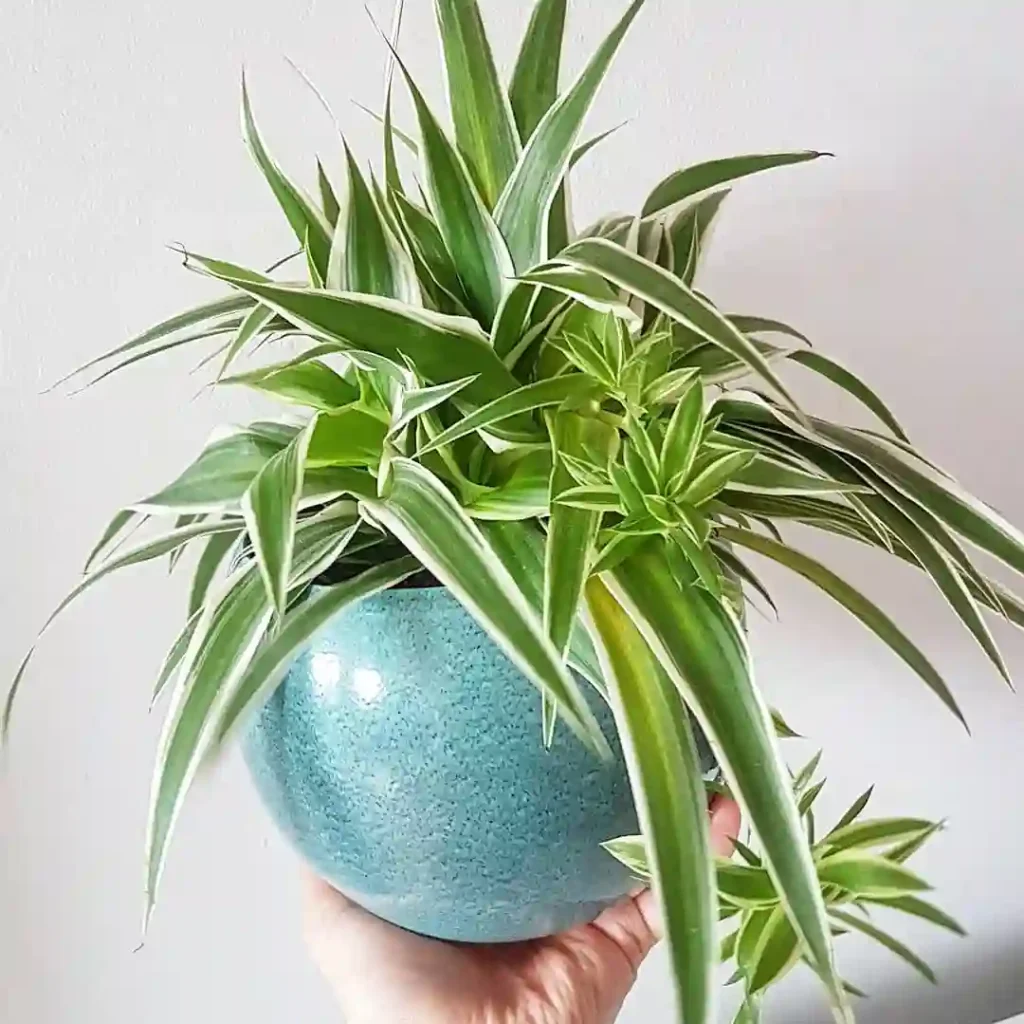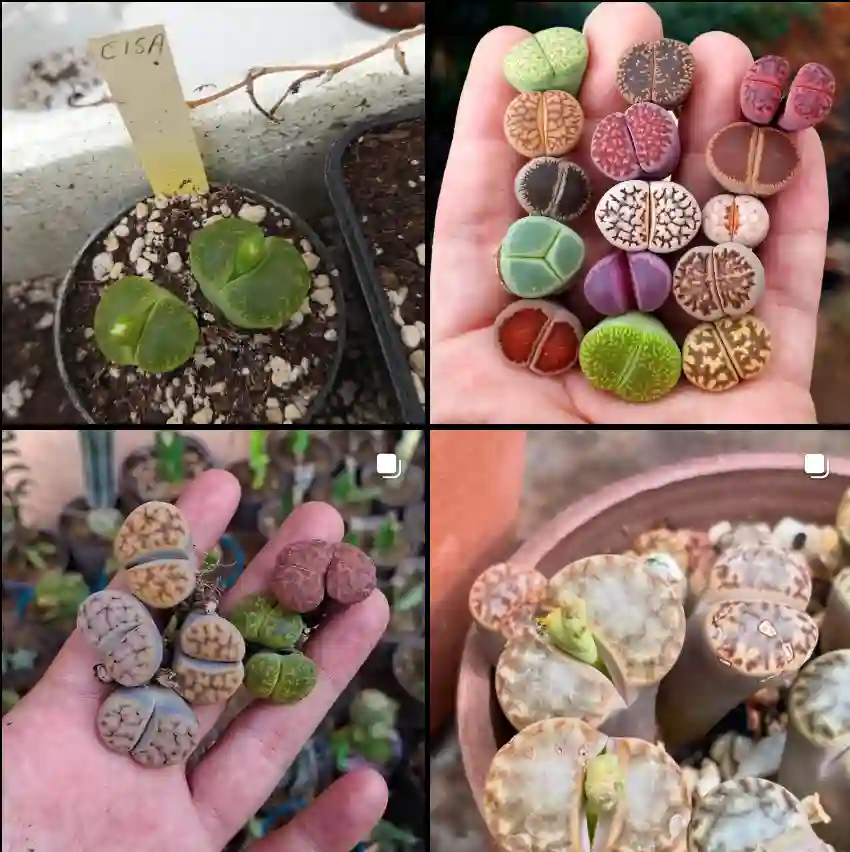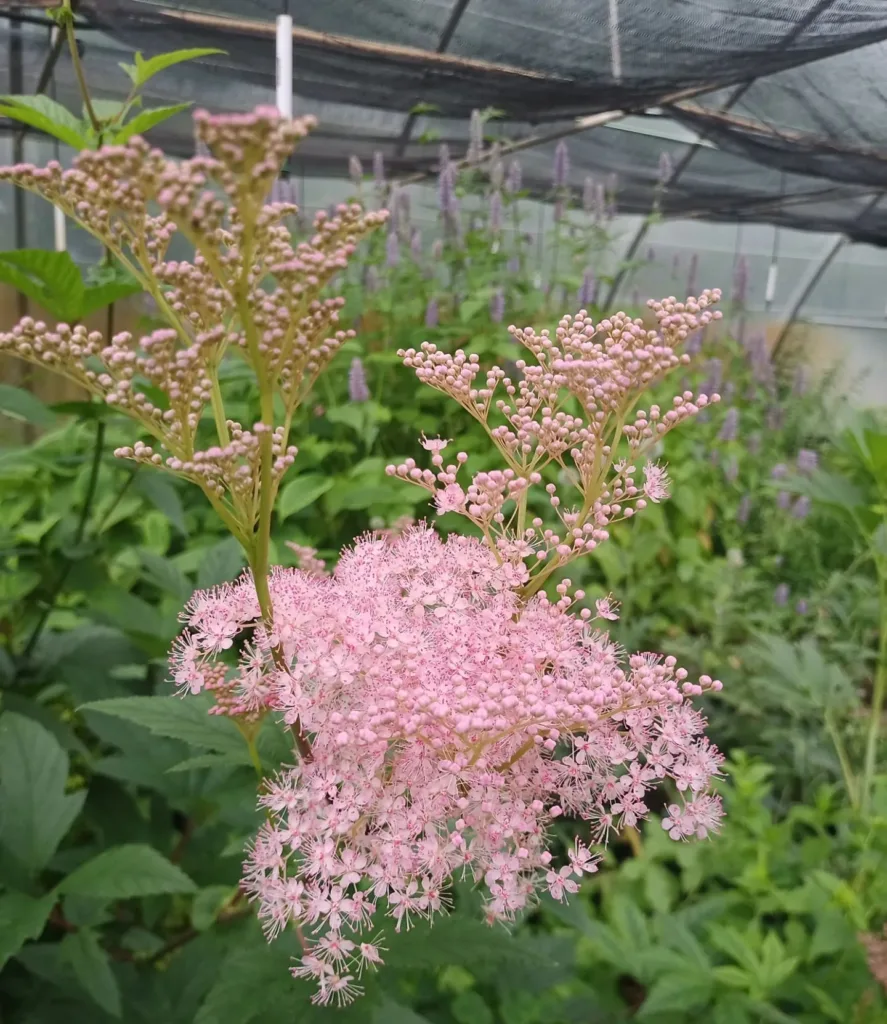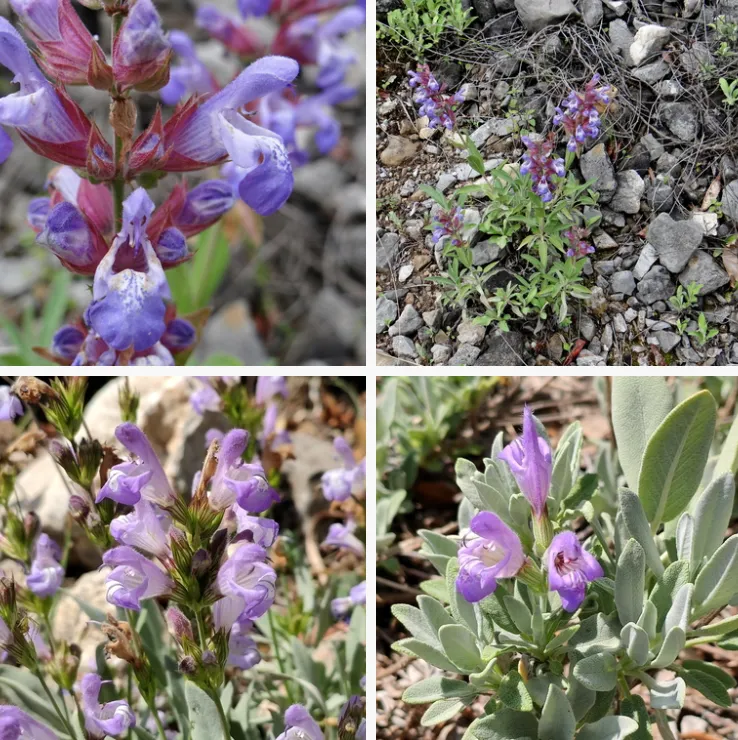
What is a pericallis plant?
The genus Pericallis has always captivated me with its vibrant hues and delicate charm. Commonly known as cinerarias or florist’s cinerarias, these plants are a favorite among garden enthusiasts and indoor plant lovers alike. Through my experience, I’ve come to appreciate their unique traits and the joy they bring to any setting. Let me share my insights into Pericallis, from its characteristics to cultivation, and why it deserves a place in every plant lover’s collection.
Pericallis belongs to the daisy family (Asteraceae), and its origins trace back to the Canary Islands. These plants are known for their daisy-like flowers in vivid shades of pink, purple, blue, and white. What strikes me most is their ability to brighten up spaces with their cheerful blooms. Each flower seems to radiate life, and I often find myself admiring their intricate patterns and bold colors.
Pericallis species
- Pericallis appendiculata (L.f.) B.Nord.
- Pericallis aurita (L’Hér.) B.Nord.
- Pericallis cruenta Webb & Berthel.
- Pericallis echinata (L.f.) B.Nord.
- Pericallis hadrosoma (Svent.) B.Nord.
- Pericallis hansenii (G.Kunkel) Sunding
- Pericallis × hybrida (Bosse) B.Nord.
- Pericallis lanata (L’Hér.) B.Nord.
- Pericallis malvifolia (L’Hér.) B.Nord.
- Pericallis menezesii R.Jardim, K.E.Jones, Carine & M.Seq.
- Pericallis multiflora (L’Hér.) B.Nord.
- Pericallis murrayi (Bornm.) B.Nord.
- Pericallis papyracea (DC.) B.Nord.
- Pericallis steetzii (Bolle) B.Nord.
- Pericallis tirmensis Marrero Rodr. & C.Santiago
- Pericallis tussilaginis (L’Hér.) D.Don
- Pericallis webbii (Sch.Bip.) Bolle
Is pericallis a perennial?
Pericallis is not a perennial; it is typically grown as an annual or as a houseplant in colder climates. I learned this when I tried to overwinter mine outside, only to find it wilted away come spring. It’s a bit of a disappointment that it doesn’t come back year after year, but its dazzling display makes it worth the effort to replant each season.
How to care for pericallis plants?
Caring for pericallis plants requires a delicate touch and attention to detail. I’ve found that they thrive in well-draining soil and prefer to be kept consistently moist but not waterlogged. Finding the right balance can be tricky, but it’s rewarding to see them flourish when cared for properly. Regular deadheading of spent blooms encourages continuous flowering, keeping the plant looking its best throughout the growing season.
Are pericallis poisonous to cats?
I’ve always been cautious about plants in my home since I have a furry feline friend roaming around, so I did some research to ensure the safety of my pericallis. To my relief, I discovered that pericallis plants are not considered poisonous to cats, which put my mind at ease. Now I can enjoy their vibrant colors without worrying about any harm coming to my beloved pet.
Are pericallis poisonous to dogs?
Similarly, I’ve always been mindful of the plants in my yard and their potential effects on my canine companion. Fortunately, pericallis plants are also not known to be toxic to dogs, giving me peace of mind as I watch my furry friend explore the garden alongside me.
Do deer eat pericallis?
While pericallis plants boast beautiful blooms, unfortunately, they are not immune to the appetites of deer. I learned this the hard way when I woke up one morning to find my prized pericallis patch ravaged by hungry deer. It was disheartening to see my carefully tended flowers reduced to nibbled stems overnight, prompting me to take precautions to protect them in the future.
Do pericallis bloom all summer?
Pericallis plants have a reputation for putting on a spectacular show throughout the summer months, with their blooms adding a burst of color to gardens and landscapes. However, in my experience, while they do bloom profusely during the summer, their peak flowering period tends to last several weeks rather than the entire season. Nonetheless, their vibrant display never fails to impress and brings joy to any garden.
How long do pericallis bloom?
As for their longevity, pericallis blooms typically last for a few weeks, gradually fading as the season progresses. While their peak flowering period may be relatively short-lived, the beauty they bring to the garden during this time is unmatched, making them well worth the investment.
Is pericallis deer resistant?
Despite their attractiveness to deer, pericallis plants are not entirely defenseless. While they may not be deer-proof, they do possess some degree of deer resistance, particularly if other more palatable options are available nearby. I’ve found that planting them alongside more deer-resistant species can help deter browsing and minimize damage to my pericallis.
How to deadhead pericallis?
Deadheading pericallis plants is a simple yet essential task to prolong their blooming period and maintain their tidy appearance. I’ve made it a habit to regularly remove spent flowers by pinching them off at the base of the stem, which not only encourages the plant to produce new blooms but also prevents it from expending energy on seed production. It’s a small effort that pays off in the form of continuous, vibrant blooms throughout the season.
If i die, water my plants!



